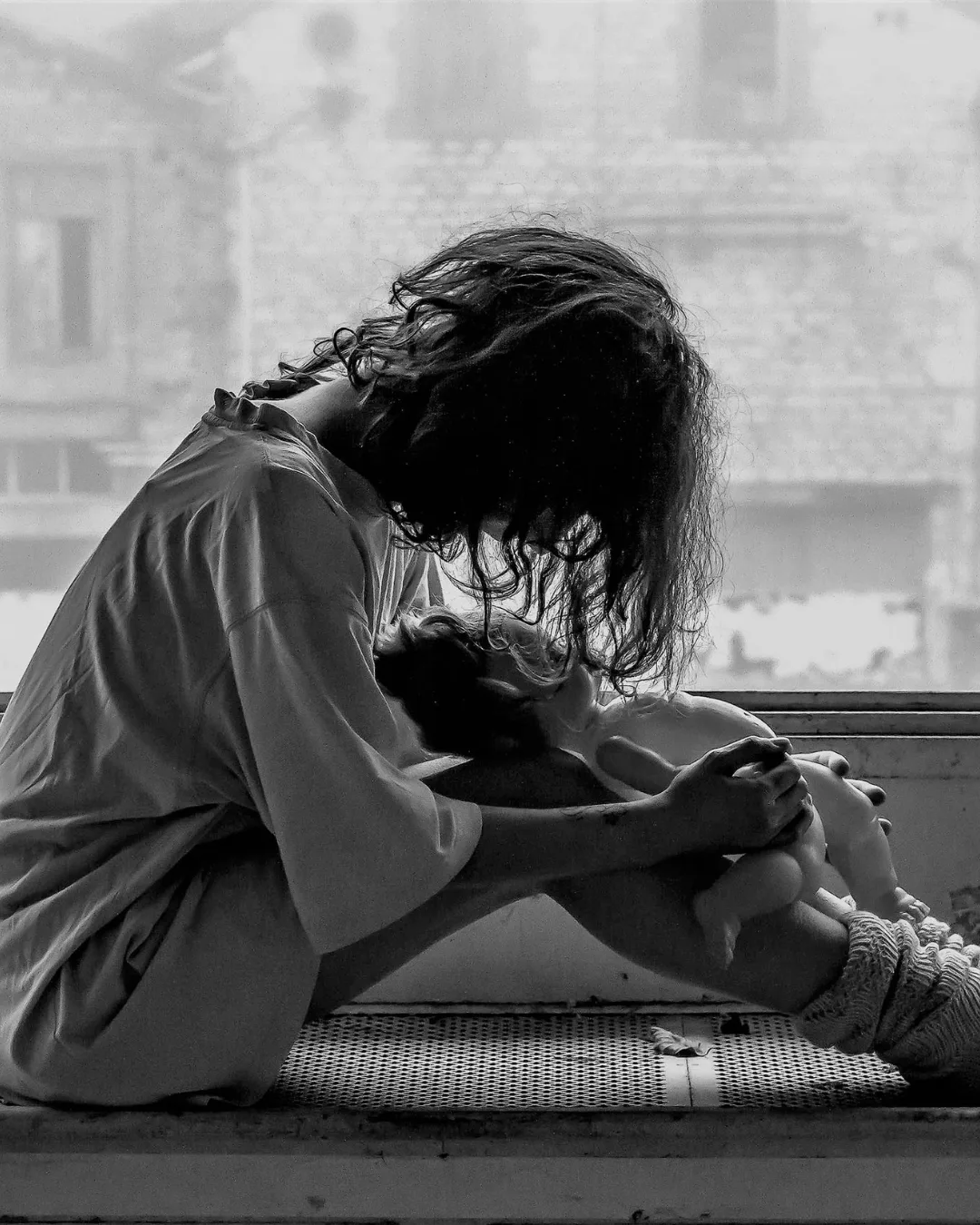Our choices, our acts of courage, matter.
They matter now more than ever.
Our choices, our acts of courage, matter.
They matter now more than ever.

In a world changing at a dizzying pace, women —mothers, wives, daughters— carry a silent yet profound responsibility: to decide not only for our present, but for the future of those who will come after us.
Our choices, our acts of courage, matter.
They matter now more than ever.
In Latinx communities, shaped over centuries by patriarchal structures, we often unconsciously perpetuate the very dynamics that harm us.
We grew up celebrating the achievements of men as heroic feats, while minimizing the silent strength with which our mothers, grandmothers, and aunts held the world together.
We were taught to admire male authority, but not always to recognize our own power.
Today, breaking toxic bonds, challenging patterns of submission, and raising our voices is not merely a personal act.
It is an act of collective love.
Social psychology helps us understand why so many women, even when aware of their pain, resist breaking free from harmful relationships or systems.
These wounds are not personal flaws. They are inherited scars.
Understanding them is the first step to healing.
Supporting a woman through her liberation process can be one of the noblest and most painful acts we undertake.
And even then, sometimes it is not enough.
Even offering unconditional love, patience, and presence, the person may not break away from what hurts her.
Not because she does not want to. But because she cannot —yet.
Some invisible forces holding this pain:
● Chronic emotional dependence.
● Paralyzing fear of consequences.
● Cultural normalization of suffering.
● Unresolved traumas that shaped her identity.
● Lack of real, safe alternatives.
Signs of deep trauma include constant justification of abuse, isolation from support networks, devastated self-esteem, and psychosomatic illnesses — the body’s silent cries for help.
In these cases, accompanying does not mean rescuing. It means standing alongside.
When change does not come, when pain seems to dig in deeper, the way we accompany must transform.
Supporting without losing ourselves means:
● Accepting that we are not saviors: every woman owns her journey and her time.
● Caring for our own emotional health: we cannot offer true love from exhaustion or
frustration.
● Being present without imposing paths: open doors are stronger than forced ones.
● Holding realistic hope: trusting that light is planted, even if we do not see the bloom
yet.
● Honoring her dignity, even if she chooses to stay.
Sometimes, the deepest act of resistance is simply standing by, without abandoning, without demanding, without losing respect or faith.
Our mothers and grandmothers did not hold the world together through submission, but through radical tenderness that resisted abandonment, injustice, and forgetfulness.
We are not called to repeat their suffering.
We are called to transform their legacy into freedom.
Breaking chains does not mean rejecting love: it means purifying it.
Healing does not mean forgetting pain: it means no longer living trapped in it.
Together, as mothers, daughters, and sisters, we are the beginning of change.
The future will not be the one we dream — it will be the one we decide to build, here and now.
(Dedication)
«We are home, we are songs, we are the living memory of those hands that taught us to love even in the midst of the storm.»